Iraq crisis: Parliament meets in Baghdad, needing a response to the march of Isis
Prime Minister Nuri al-Maliki may lose his job
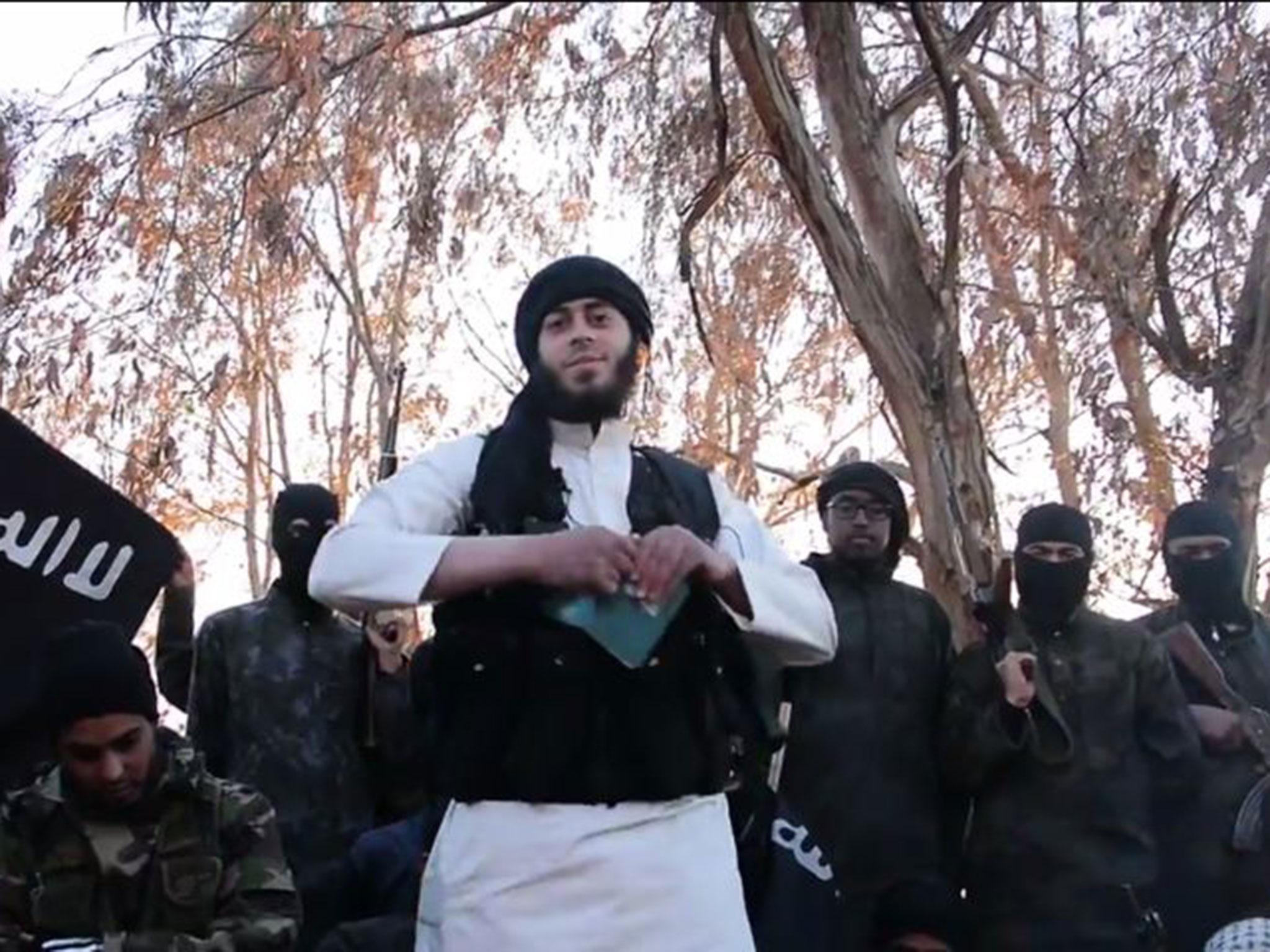
Your support helps us to tell the story
From reproductive rights to climate change to Big Tech, The Independent is on the ground when the story is developing. Whether it's investigating the financials of Elon Musk's pro-Trump PAC or producing our latest documentary, 'The A Word', which shines a light on the American women fighting for reproductive rights, we know how important it is to parse out the facts from the messaging.
At such a critical moment in US history, we need reporters on the ground. Your donation allows us to keep sending journalists to speak to both sides of the story.
The Independent is trusted by Americans across the entire political spectrum. And unlike many other quality news outlets, we choose not to lock Americans out of our reporting and analysis with paywalls. We believe quality journalism should be available to everyone, paid for by those who can afford it.
Your support makes all the difference.Iraq's new parliament convened on Tuesday under pressure to name a unity government to prevent the country splitting apart after an onslaught by Sunni militants who have declared a “caliphate” to rule over all the world's Muslims.
The session in Baghdad's fortified “green zone” could end the eight-year rule of Shi'ite Islamist Prime Minister Nuri al-Maliki, with foes determined to unseat him and even some allies saying he could be replaced by a less polarising figure.
Iraqi troops have been battling for three weeks against fighters led by the group formerly known as the Islamic State in Iraq and the Levant (Isis). Fighting has raged in recent days in former dictator Saddam Hussein's home city, Tikrit.
The United Nations said on Tuesday more than 2,400 Iraqis had been killed in June alone, making the current violence the most deadly since the height of sectarian warfare in 2007.
In a reminder of that conflict, several mortars fell near a Shi'ite holy shrine in Samarra which was bombed in 2006, unleashing a wave of sectarian bloodshed that killed tens of thousands over the following two years.
Isis, which rules swathes of territory in an arc from Aleppo in Syria to near the western edge of Baghdad in Iraq, has renamed itself the Islamic State.
It declared its leader, secretive guerrilla fighter Abu Bakr al-Baghdadi, to be the “caliph”, the historic title of the successors of the Prophet Mohammad who ruled the whole Muslim world.
The new parliament met for the first time since it was elected in April, when results initially suggested it would easily confirm Maliki in power for a third term.
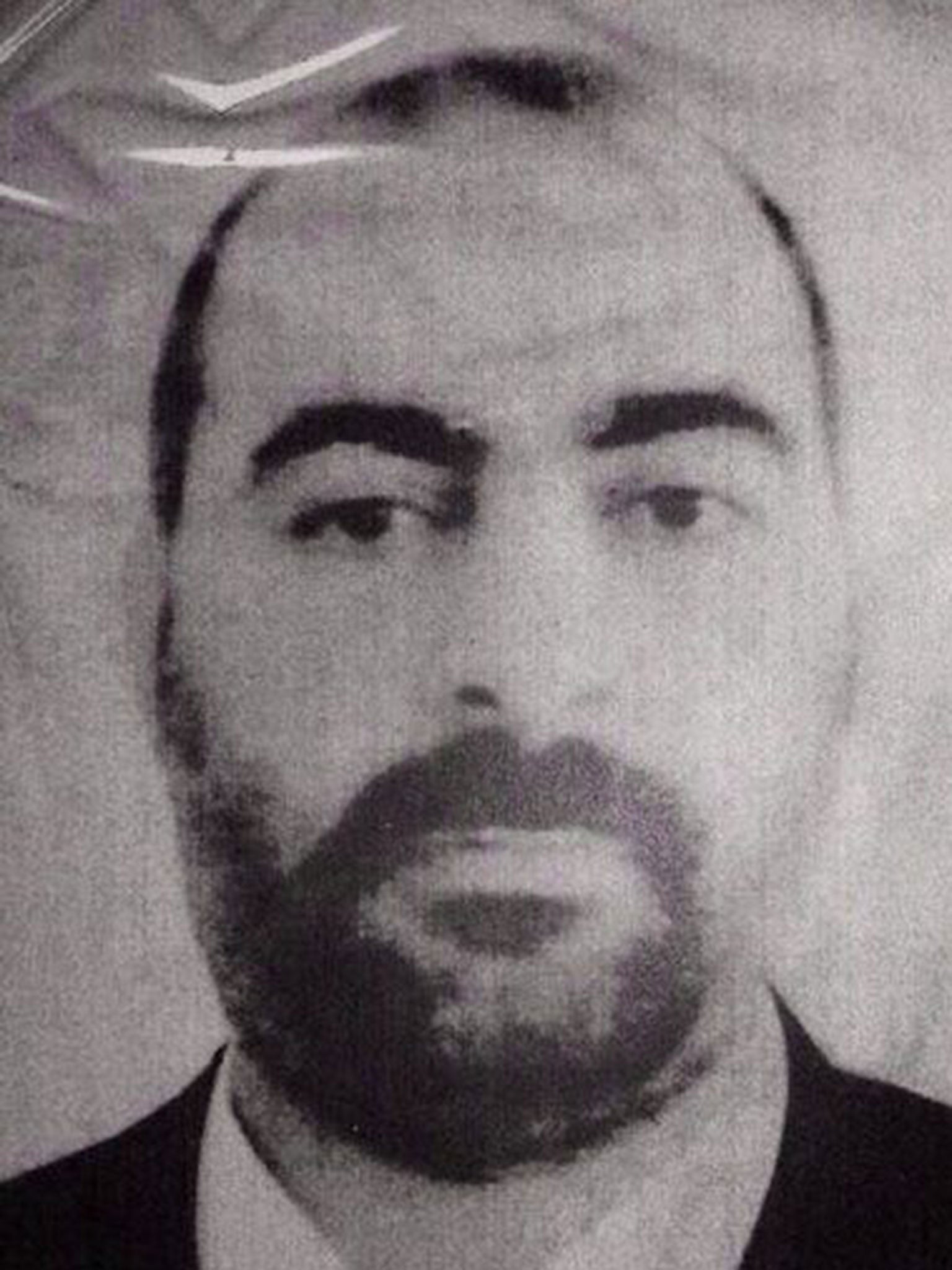
But with lawmakers now finally taking their seats after the sudden collapse of the army in the north, politicians face a more fundamental task of staving off the collapse of the state, and the prime minister's days in power could be numbered.
Lawmakers stood at the arrival of Maliki, who shook hands with Saleh al-Mutlaq, a leading Sunni politician. Maliki also waved to Osama al-Nujaifi, the Sunni former speaker of the house and the premier's arch political rival.
Mehdi al-Hafidh, the oldest member of parliament, presided over the session as temporary speaker.
Maliki's foes blame him for the rapid advance of the Sunni insurgents who seized the biggest northern city, Mosul, on 10 June and have since taken nearly all Sunni areas of the country.
Although Maliki's State of Law coalition won the most seats, it still needs allies to govern. Sunnis and Kurds demand that he go, arguing he reneged on power-sharing deals and favoured his own sect, inflaming the resentment that fuels the insurgency.
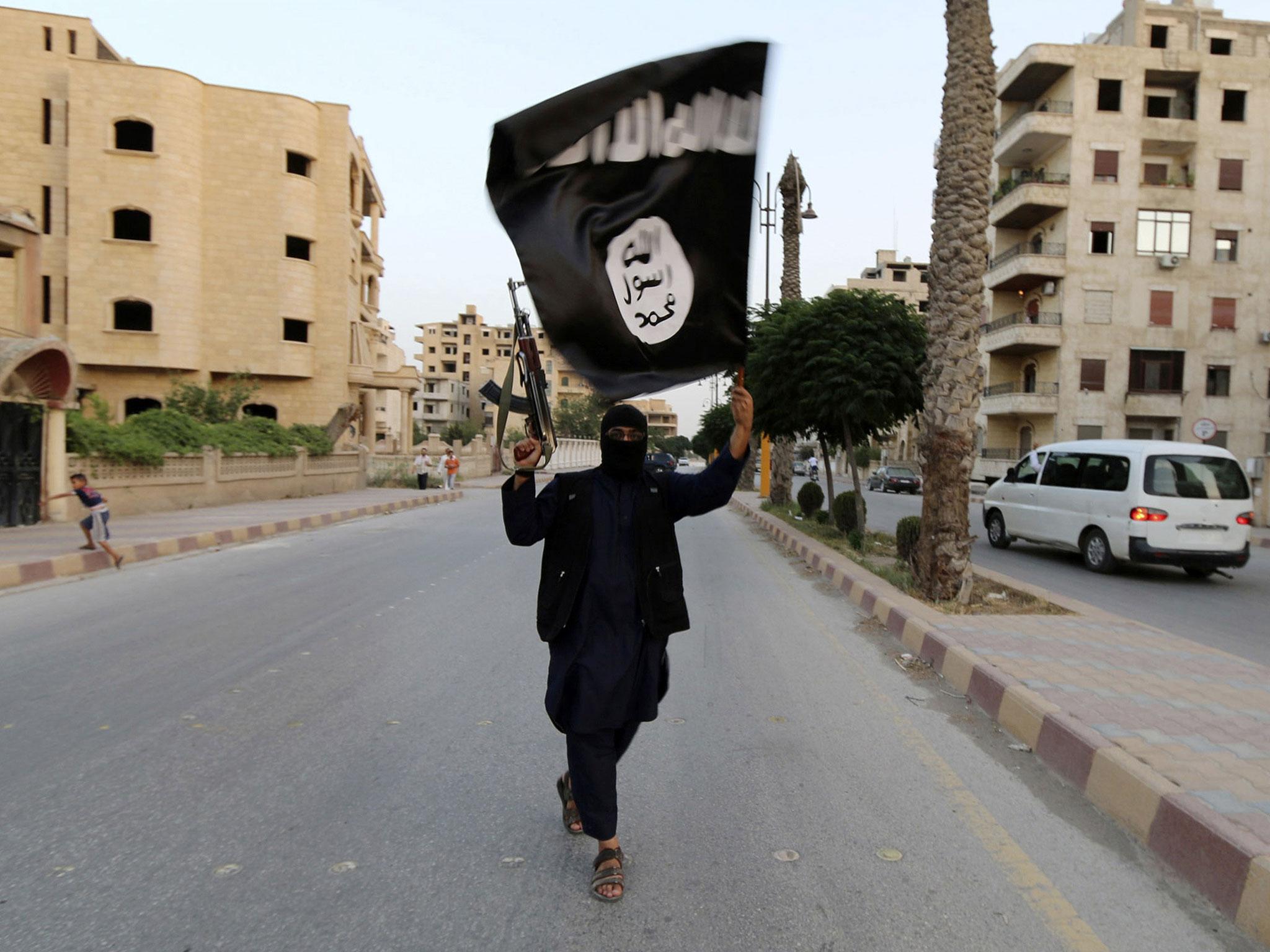
The United States has not publicly called for Maliki to leave power but has demanded a more inclusive government in Baghdad as the price for more aggressive help.
In another move to beef up its military presence, Washington said on Monday it was sending 300 more troops to Iraq on top of military advisers dispatched by President Barack Obama.
US Defence Department spokesman Rear Admiral John Kirby said about 200 troops arrived in the country on Sunday to reinforce security at the US Embassy, its support centres and Baghdad International Airport. A further 100 were due to move to Baghdad to “provide security and logistics support.”
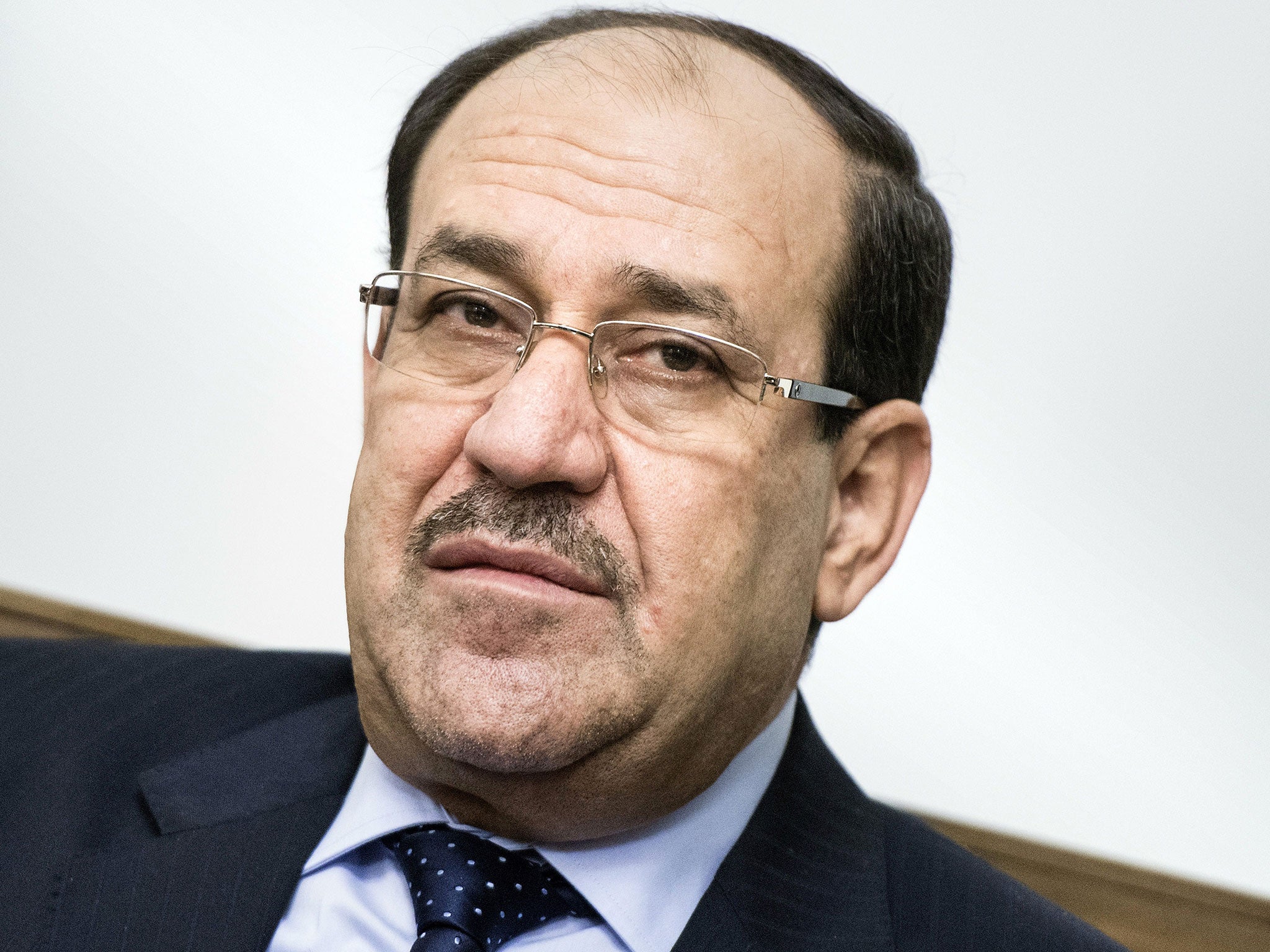
“These forces are separate and apart from the up to 300 personnel the president authorised to establish two joint operations centres and conduct an assessment of how the US can provide additional support to Iraq's security forces,” Kirby said in a statement.
Maliki's government, with the help of Shi'ite sectarian militias, has managed to stop the militants short of the capital but has been unable to take back cities its forces abandoned.
Whether Iraq can survive as a state most likely depends on whether politicians can sustain a governing system put in place after the US invasion that toppled Saddam in 2003, under which the prime minister has always been a Shi'ite, the largely symbolic president a Kurd and the speaker of parliament a Sunni.
On Friday, in an unusual political intervention, Grand Ayatollah Ali al-Sistani, Iraq's most senior Shi'ite cleric and a figure long known for his caution, called on political blocs to fill those three posts before parliament met on Tuesday.
That deadline appeared unlikely to be met, since the blocs have met in recent days without naming the country's leaders.
Two senior members of Maliki's State of Law coalition told Reuters that an alternative to the prime minister from within his party was being discussed.
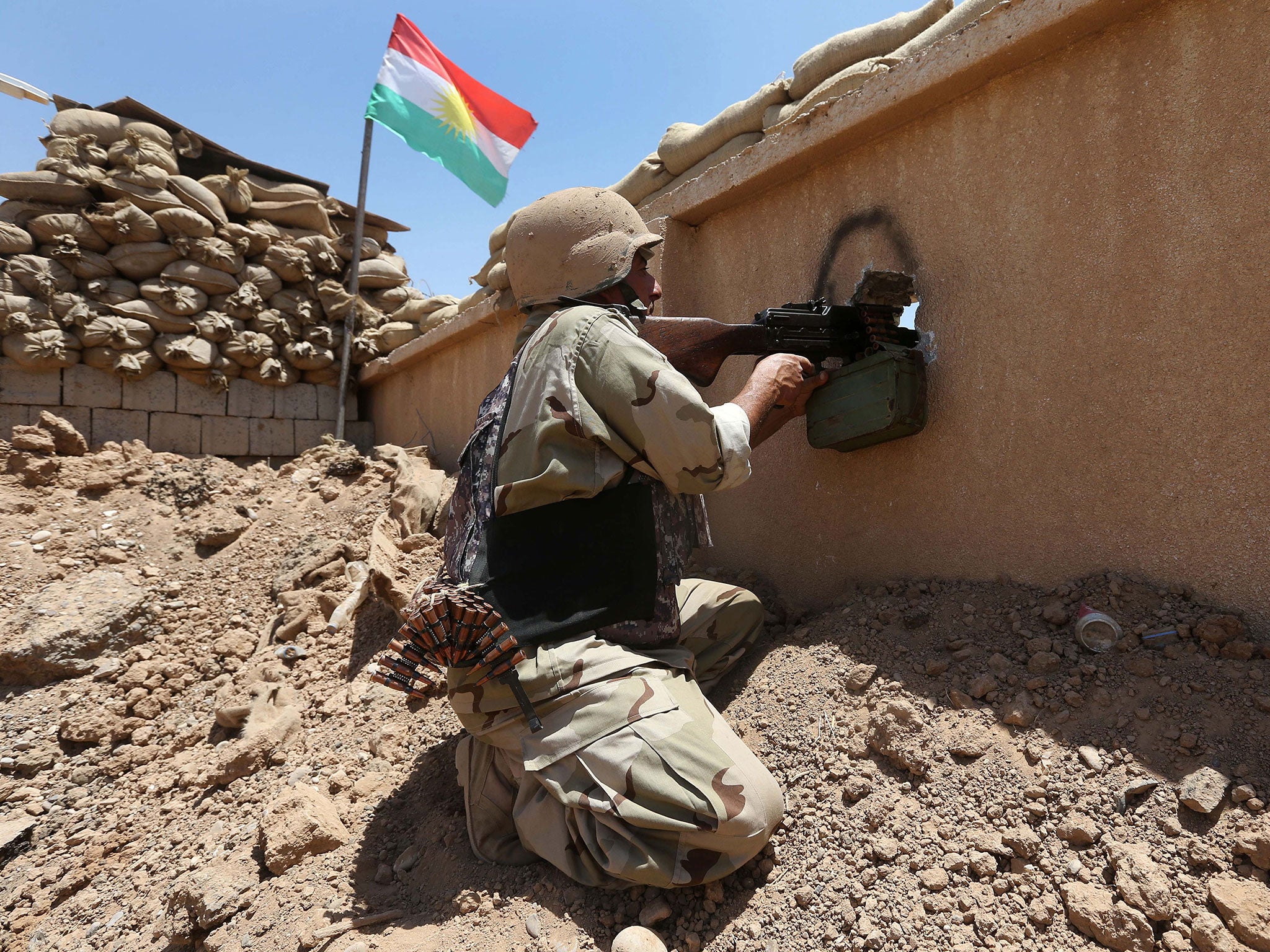
“He understands it might come to that,” one senior Maliki ally told Reuters last week. Maliki's own former chief of staff Tareq Najem is seen as a possible successor, diplomats say.
The Sunni parties say they will not put forward their candidate for speaker until they see who the Shi'ites want for prime minister. The Kurds have yet to choose a president.
“It will take a couple of weeks to agree on a package,” said Muhannad Hussam, a politician and aide to Sunni lawmaker Mutlaq.
Many worry that a drawn-out process will waste precious time in confronting the militants, who have vowed to advance on Baghdad. A Shi'ite lawmaker, speaking on condition of anonymity, said: “Things are bad. The political process is not commensurate with the speed of military developments.”
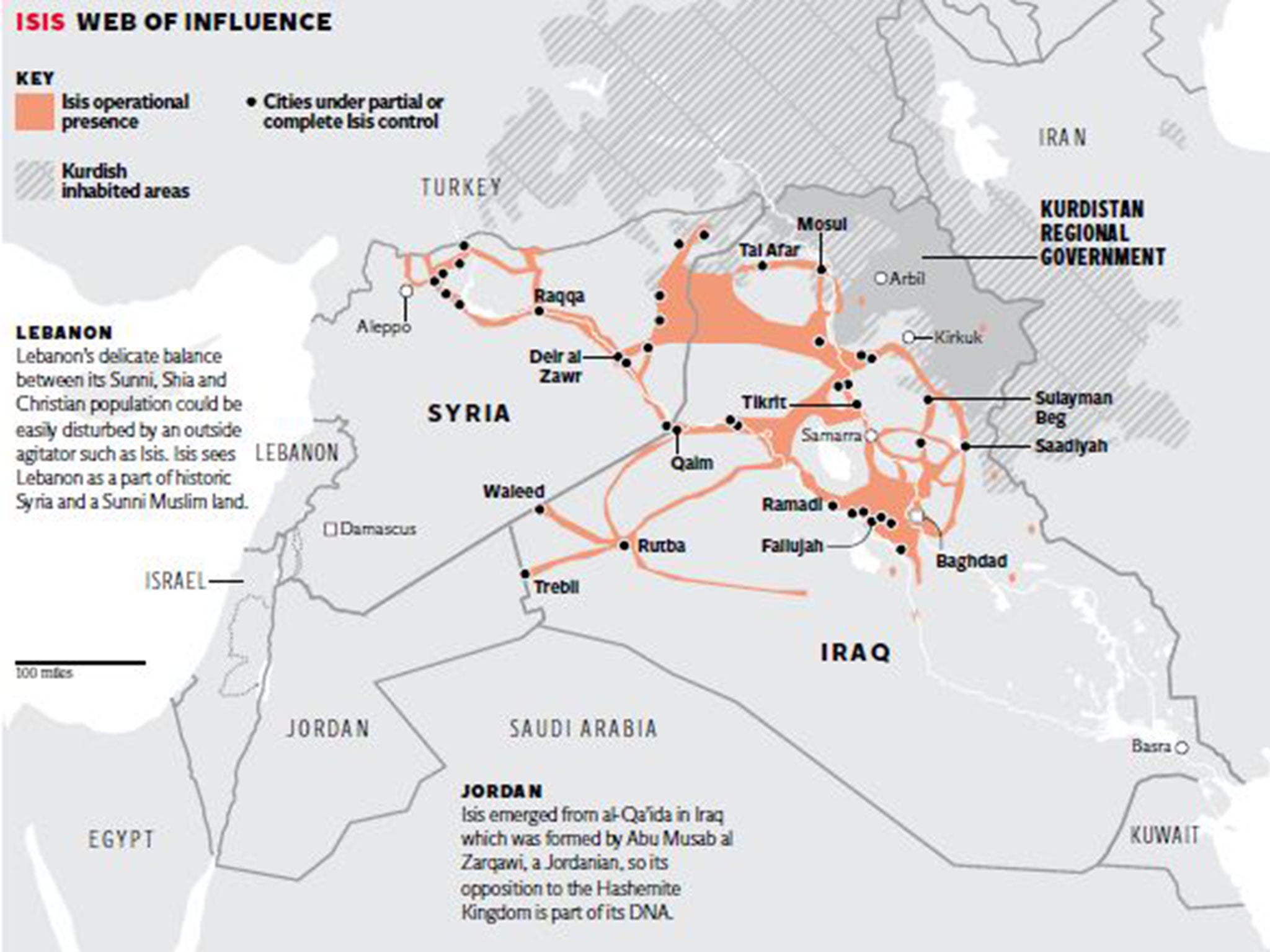
Reuters
Subscribe to Independent Premium to bookmark this article
Want to bookmark your favourite articles and stories to read or reference later? Start your Independent Premium subscription today.
Join our commenting forum
Join thought-provoking conversations, follow other Independent readers and see their replies
Comments